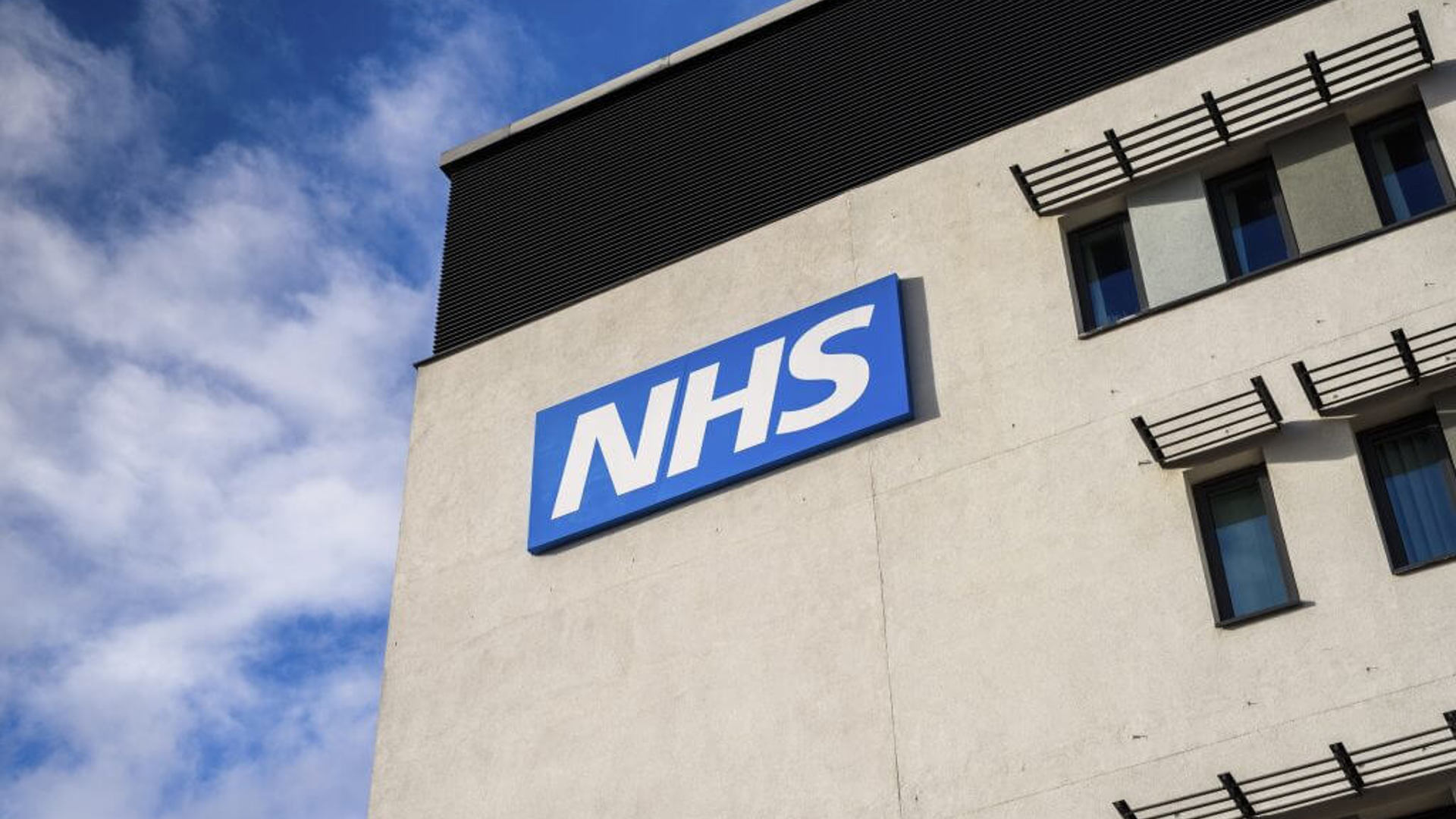
Our response to the NHS 10-Year Health Plan consultation
The government recently held a consultation to hear views on developing a 10-year health plan for NHS England.
UKCP responded to this consultation to outline the work that our members do and to urge NHS England to include the following in the 10-year plan:
- improved patient choice in mental health care in the NHS
- initiatives to support the talking therapies NHS workforce
- mental health support for all life stages, including children and young people and older adults
- a focus on prevention and social determinants of health, particularly for mental health.
The proposal for the 10-year plan suggests three ‘shifts’. These shifts are proposed to enable big changes to the way health care services work. The shifts are as follows:
- Shift 1: moving more care from hospitals to communities
- Shift 2: making better use of technology in health and care
- Shift 3: focussing on preventing sickness, not just treating it.
We’ve created a summary of our responses to the shifts and we hope that these are considered and our suggestions reflected in the draft of the plan.
Shift 1: moving more care from hospitals to communities
We highlighted that key enablers for this shift include the growing recognition that care closer to home is highly beneficial for patients and may help reduce barriers to accessing support.
We also acknowledged that there is currently a postcode lottery that needs addressing and can exacerbate inequalities and lead in a gap to access for many.
Shift 2: making better use of technology in health and care
We recognise that technology can allow for increased access to mental health services where there might be gaps in local in-person provision. However there are several challenges with this shift.
It is important to recognise that remote therapy is not always the right fit for everyone. A sole focus on investing in digital therapies would be detrimental to expanding in-person services, which also needs to be prioritised.
Of further concern is the additional considerations for privacy that arise when delivering online therapy. Not everyone will have access to a confidential or safe space, which is vital when receiving mental health support. Furthermore, certain technologies approach data protection and privacy differently. Careful consideration of the technology utilised to deliver care, especially their privacy and data policies, is vital.
Shift 3: focussing on preventing sickness, not just treating it
We raised that a key enabler for this is GPs and supporting GPs in their discussions with patients around their mental health is essential.
A key challenge is the current limited access to a variety of therapies for mental health support, as well as significant waiting times for those seeking care. Expanding the mental health workforce will also help to increase service access and reduce waiting times, which will help more patients get access to care sooner.
A further challenge is stigma, which still prevents many people from seeking support. Increased education campaigns about the mental health support that is available in the NHS and reducing stigma for seeking support would be beneficial.
To help navigate the challenges of finding therapeutic support, we've compiled a resource outlining various ways to access therapy services across the UK.
Share
Like most websites, we use cookies. If this is okay with you, please close this message or read more about your options.

